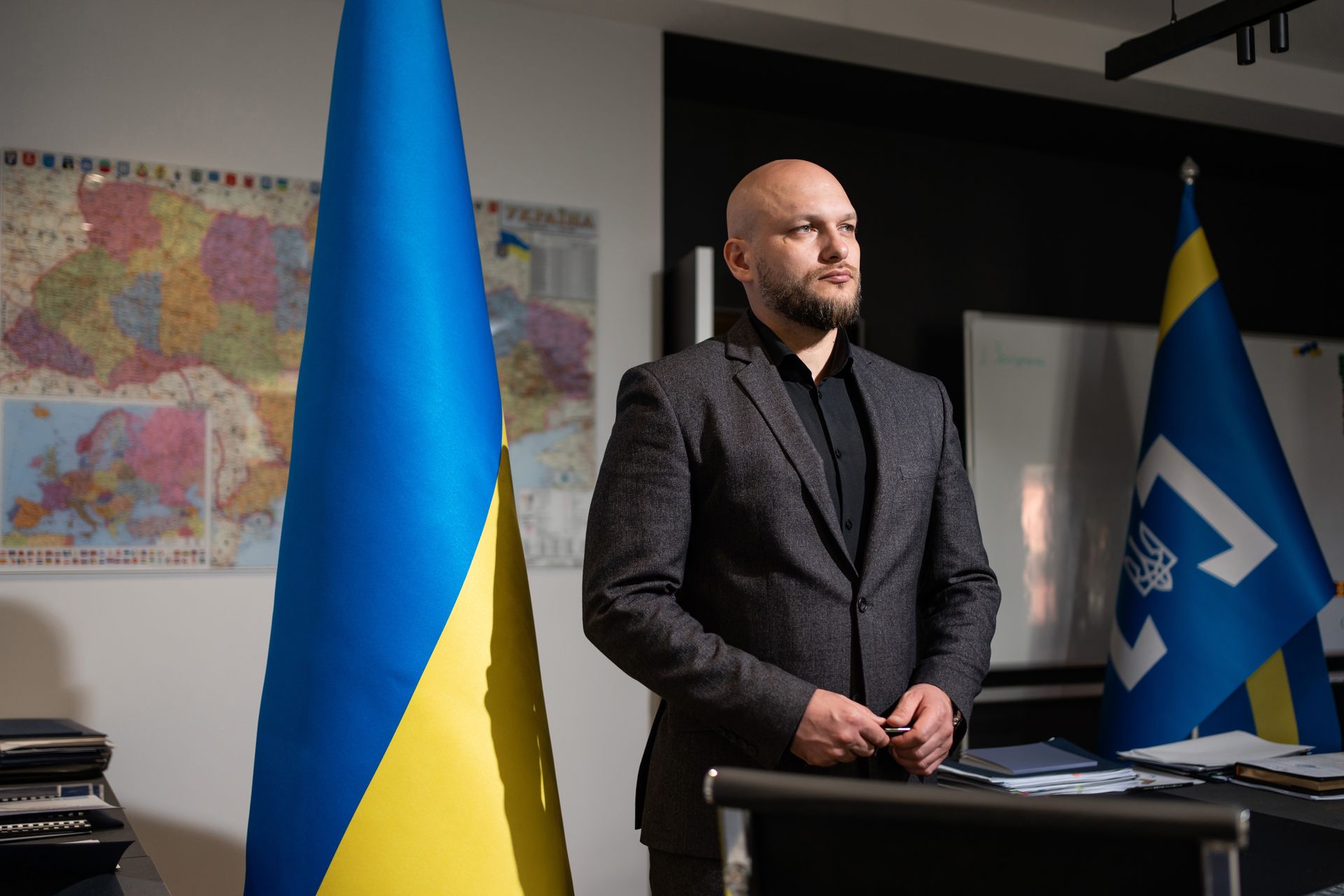Ukraine Reforms Tracker Weekly — Issue 39

Editor’s note: This is issue 39 of Ukrainian lawmaker Yaroslav Zhelezniak’s weekly "Ukraine Reforms Tracker" covering events from Sept. 29–Oct. 6, 2025. The digest highlights steps taken in the Ukrainian parliament related to business, economics, and international financial programs.
The Kyiv Independent is republishing with permission.
IMF benchmarks and soft commitments
Economic Security Bureau forms attestation commissions
The Bureau of Economic Security (BES) has begun forming attestation commissions responsible for staff evaluation and recruitment and has posted invitations to the business community to suggest candidates.
Under the new law, the panels must include six members appointed by the bureau's director and six nominated by business associations and international partners, ensuring external oversight of the agency’s integrity and personnel standards.
Cabinet prepares to privatize state shares in Sense Bank and Ukrgasbank
The government has approved a plan to begin preparing the sale of state-owned stakes in Sense Bank (100%) and Ukrgasbank (94.94%).
The privatization will proceed in three stages: asset preparation, competitive tender, and the signing of a purchase agreement. The move is part of Ukraine’s wider strategy to reduce state participation in the banking sector.
New draft law proposes 50% profit tax on banks for 2026
Lawmakers have submitted draft law #14097, proposing a temporary 50% corporate-income-tax rate for banks in 2026, with a ban on carrying forward past losses. The measure is expected to raise about Hr 30 billion ($710 million) in additional revenue to help finance defense and other critical wartime expenditures.
Obligations to the EU
Cabinet appoints commission for selecting new ARMA head
Ukraine’s Cabinet of Ministers has appointed the selection commission for choosing the new head of the Asset Recovery and Management Agency (ARMA), as required by the recently adopted reform law. The commission includes both Ukrainian and international experts.
According to Transparency International Ukraine, the members include German prosecutor Wolf-Tilman Baumert, Portuguese financial-crimes expert Rita Simoes, Serhii But of Prozorro.Sale, Kateryna Ryzhenko of Transparency International Ukraine, and legal scholars Anzhelika Krusyan and Valentyna Lukyanets-Shakhova.
Parliament to consider several Ukraine Facility bills in the first plenary week of October
During the Oct. 7–9 plenary session, parliament plans to consider several draft laws required under the Ukraine Facility program.
Three of them will be considered in the first reading, including: ensuring transparency in local-government activities #14048, digitalization of enforcement proceedings #14005, restoring civil-service competitions #14030.
Moreover, the Verkhovna Rada has to vote in the final reading the draft law #13202-1 on support for the agricultural sector.
Other key issues
Tax Committee backs draft law to create National Development Institution
Ukraine’s parliamentary Tax Committee has endorsed the draft law #11238 establishing a National Development Institution, modeled after Germany’s KfW. The draft law is expected to be considered during the Oct. 7–9 plenary week.
The proposed bill transforms the current Entrepreneurship Support Fund into a broader financing mechanism. It also introduces war-risk insurance for investments, particularly in front-line regions.
Ukrenergo Supervisory Board reverses decision to dismiss management
The supervisory board of Ukrenergo has reversed its earlier decision to dismiss CEO Vitalii Zaichenko and the company’s entire management team, following internal discussions and mounting external pressure.
The board had initially voted on Sept. 26 to remove Zaichenko, citing "loss of confidence." Zaichenko was alleged to have committed governance violations after he tried to appoint members of the executive board without an open competition citing an instruction from the National Securities and Stock Market Commission (NSSMC).
Instead of complying, the supervisory board removed all executives whose appointments were affected by the NSSMC’s involvement, including Zaichenko. In response, the Energy Ministry initially applied pressure — including through law enforcement actions and court motions — but ultimately agreed to a truce, dropping its push for new appointees while allowing the ministry’s preferred CEO to remain in office.
On Sept. 30, the board decided to reinstate Zaichenko and the initial management, effectively canceling its previous resolution.












